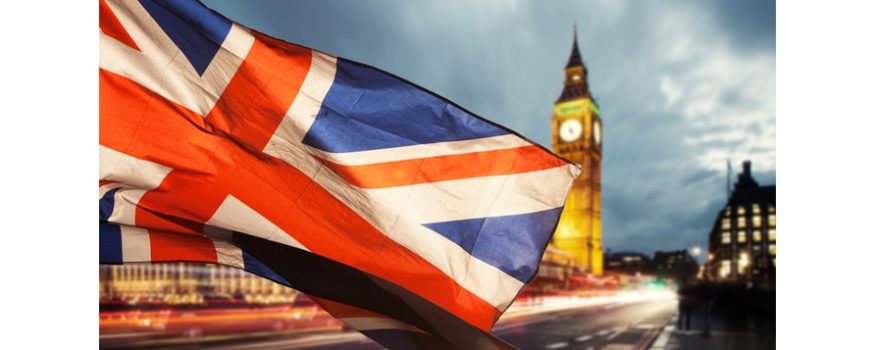Update: In April 2018 the Government published a response to the Package Travel Regulations consultation along with new regulations, which will come into force in 1 July 2018. Read more about the new regulations here.
UKinbound and the Tourism Alliance are urging Government to insert a clause in the new Package Travel Regulations so that when the UK leaves the EU, the definition of a package must include transport.
In July 2018, the Government will have to implement the new EU Package Travel Directive, which along with the current Package Travel Regulations, is designed to protect consumers who take package holidays organised by tour operators. Specifically, the regulations ensure that customers are not stranded overseas if their operator goes bankrupt, and if anything goes wrong while on holiday the liability falls to their tour operator.
While these protections are extremely important for consumers, they have unfortunately been detrimental to the UK domestic tourism industry. The 2014 GB Tourism Survey found that domestic holiday packages account for just 3.9% of the domestic tourism market, compared to around 40% of the outbound market.
Redefining Package Travel
The current definition of a package requires any two of the three elements: ‘transport’, ‘accommodation’, and ‘other tourism service’. The legislation therefore also covers ‘value-added’ products, i.e. products that combine ‘accommodation’ and ‘other tourism service’. As a result, if a B&B in the UK offers a product to their customers that combines, for example, a weekend stay with tickets to a local attraction, or an activity such as a round of golf, this is deemed to be selling package travel, and the B&B is deemed to be a tour operator.
The B&B owner would therefore be legally responsible for anything that happens to the customer at the attraction or while undertaking the activity, which for many small businesses is too high a risk. The B&B would also need to be bonded, which is expensive, or would need to put customers’ funds into a trust account, which is detrimental to the cashflow of small businesses.
The transposition of the new EU Package Travel Directive into UK law presents an opportunity to amend the definition of a package so that it must include transport, which would mean value-added products are excluded from the scope of the legislation. This would encourage small businesses in the UK to work together to provide these products for domestic tourists, which, according to a recent Tourism Alliance survey could increase businesses’ income by an estimated 9% on average, equating to an additional £2.2 billion each year in domestic tourism expenditure.
Crucially consumers would still be protected – as transport is not involved in these products the issue of repatriation is not relevant, and suppliers would be separately liable for their part of the package. The domestic tourism industry would be able to provide more products and savings for customers, while continuing and strengthening protection for UK consumers taking holidays in Europe, and retaining reciprocal agreements for EU visitors holidaying in the UK.










